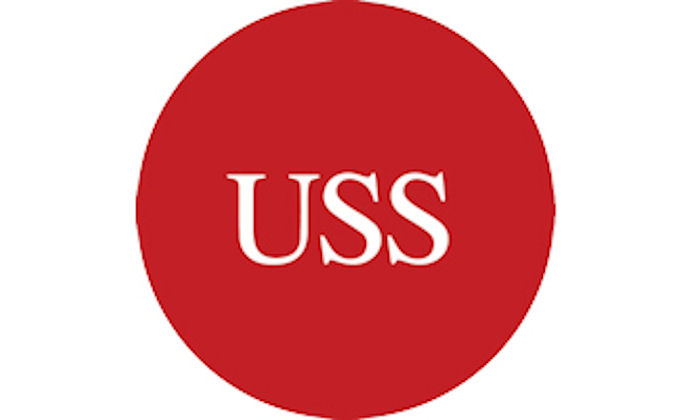Message from the USS
04 May 2018
Stakeholders withdraw proposed changes to USS benefits

On Friday, 27 April, representatives of UUK and UCU sitting on USS’s Joint Negotiating Committee (JNC) agreed to revoke benefit proposals it recommended to the trustee in January.
No alternative benefit proposals were tabled by either party due to their commitment to the establishment of a separate Joint Expert Panel (JEP) to review the 2017 valuation.
The JNC and trustee intend to engage constructively with the JEP. However, the law still requires the trustee to complete the 2017 valuation – which has found that the cost of continuing to accrue the level of defined benefits currently offered by USS has increased significantly.
The trustee must therefore be able to demonstrate to the Pensions Regulator that, against this analysis, the scheme is sustainable: that it has sufficient funds to pay the pensions promised, or a credible plan to recover any shortfall. It must also conclude on the funding requirements for future pension promises.
The trustee has concluded, taking account of the position of the regulator as it was expressed to USS and its stakeholders, that completion of the valuation should run in parallel to the JEP, to provide assurances that the trustee is, ultimately, in a position to address its statutory obligations.
Any new benefit agreement which might subsequently be recommended by the JNC arising from the parallel work of the JEP could lead to the revision of contribution requirements in line with the costs of those benefits, which would be implemented by the trustee as soon as practically possible.
However, under the scheme rules, the absence of any benefit proposals being recommended by the JNC (as is now the case) results in the ‘cost-sharing’ rule (76.4-8) taking effect.
The concept of cost sharing was first introduced into the scheme rules following the 2011 valuation and the current wording was introduced after the 2014 valuation – both at the request of the stakeholders (via the JNC) as a pre-determined process for dealing with a failure of the JNC to reach agreement on benefit design.
This ultimately involves the increase to contributions required to be paid to the scheme (as determined by the trustee’s valuation) being split 35:65 between members and employers respectively.
In the absence of an alternative way forward being agreed by the JNC in line with scheme rules, the trustee is of the view that contributions need to move, progressively, to align with the cost of accruing the current level of benefits.
The automatic removal of ‘the match’ under the scheme rules will reduce the maximum combined contribution required from 37.4% to 36.6%. However, the trustee will not be able to confirm the contribution requirements that will be applied from 1 April 2019 until later this year, as this will be subject to the agreed process within the scheme rules and stakeholder decisions through the JNC on the rate of contributions to the USS Investment Builder above the salary threshold (and any other changes the stakeholders wish to apply in accordance with the rule).
A statutory consultation by participating employers with affected employees and their representatives would follow thereafter.
No benefit or contribution changes – of any kind – will be introduced before 1 April 2019.
In taking this step, USS is not seeking to impose any benefit solution on the JNC but is acting in line with the scheme rules and with regard to its statutory obligations. The trustee will continue to do all it can to support the JNC in its discussions, which it recognises are challenging.
Further updates will be provided in due course. In the meantime, members can explore all of the updates, blogs and Q&As the trustee has provided over the past year in carrying out the valuation, the key valuation documents that have informed the trustee’s conclusions, and a range of supporting films. These materials serve to demonstrate the robustness of the analysis, engagement and decision-making the trustee has applied over the past two years in carrying out the 2017 valuation.
